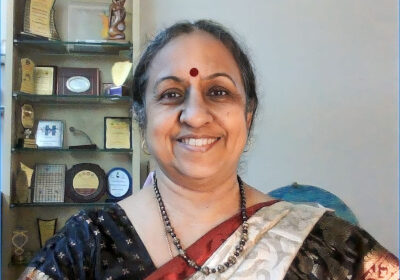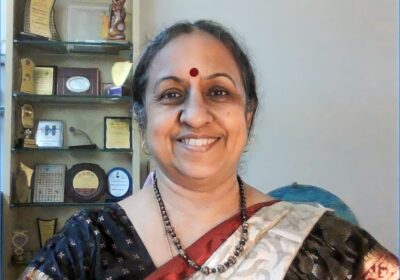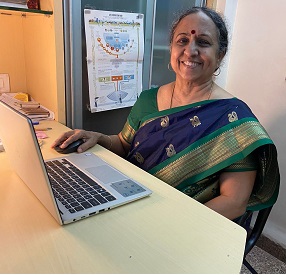I am often asked why QMed is a not-for-profit organization. And I think it is time I answered this in a blog post.
Non-profit organizations work for overall societal benefit. Many work at making major changes in specific areas. Some non-profits work for environmental preservation whilst non-profit Educational institutions create educated individuals. Libraries support the work of educational institutions. And yet, many people assume that non-profits mainly work for the underprivileged section of society. I felt that it is time to make some clarifications, and explain non-profits in the context of QMed. All non-profit organizations are first change makers. Their beneficiaries include everyone from society – not only the poor, downtrodden and underprivileged.
As a librarian, I looked for a good definition. I quote this from one of the best possible resources – DH Smith’s “A Dictionary of Nonprofit Terms & Concepts” (ISBN: 978-0-253-34783-1)
A nonprofit organization is one that has been formed by a group of people in order “to pursue a common not-for-profit goal”, that is, to pursue a stated goal without the intention of distributing excess revenue to members or leaders.
QMed is a “change making” non-profit.
QMed was set up to fill a gap in the medical education and research areas in India. What is this gap? Health professionals in our country are not taught how to search online systematically to find relevant and more importantly – evidence based health information. They are also not taught how to reference their research well. As a librarian I had observed this lacuna in the 1990s. Not much has changed now, even though lots of health professionals are “tech-savvy” today.
So what? How does this matter? It does. Very much!
- The best health care delivery happens, only by getting the best available evidence. When professionals are not trained in finding the best evidence, their healthcare delivery is not evidence based
- Health professionals waste hours searching online and referencing. Hours which they could use better for themselves and for their patients
- India has a huge patient population, and can document lots of primary research as well as evidence based research. We currently have lots of articles written by Indian health professionals, but the number of high quality research articles is much lower than what we should actually have.
So will QMed’s work alone make a change?
No. Many other non-profits, including medical colleges are working at improving medical research skills. But, what we teach – searching and referencing – are most often not included in their teaching. That is because there are very few teaching staff and guides in Medical Colleges with skills in searching and referencing. We are working at creating “excellent searching and referencing skills” in this community. Our goal is to see that these trained teachers add this training in the health information curriculum.
How we have been working for this change in the last ten years.
- First we brought about an awareness of the existence of structured search methods. Till we did, the healthcare community in India did not know that searching required a structured approach. This is something the community members themselves have admitted and still do.
- We still work at awareness building. Continuously. We also conduct workshops building these skills
- We teach the basics of these skills to undergraduate students so that they learn them early in their careers. UG students learn quickly and will seek to learn more as they evolve
- We teach postgraduate students too, and help them with their theses topics
- We help students and professionals with specific search / referencing requirements. We mentor them whenever they need mentoring
- We are creating E-Learning courses to spread our teaching across India
- We plan to do Train the Trainer programs in every medical college, so that the expertise penetrates into every institution.
- With the E-Learning courses and Training of trainers programs, these skills can be built into the curriculum, over the next few years. And it will assist all medical researchers in a big way.
How does this change help?
Is it only doctors who gain? Students and doctors will save several hours which can be used for better research, better patient care and even more time for themselves. But, while they gain, the ultimate beneficiaries are the patients they treat. They will all get evidence based treatment.
Isn’t this change important? And isn’t it important that we should make significant changes as a non-profit? We are doing it for the last 10 years!





